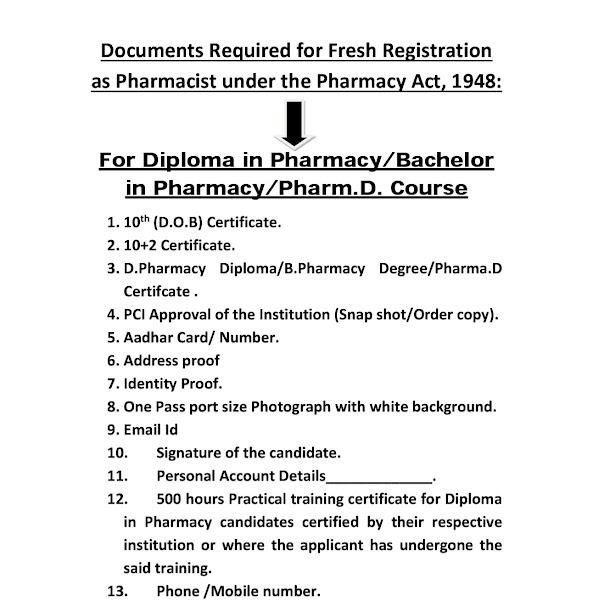In any setting, the process of
selling involves contacting
potential customers, identifying their needs, persuading
 them that your products or services (rather than those of
competitors) can best satisfy those needs; closing the sale by agreeing the
terms and conditions; and providing an after-sales service. As a medical sales
representative, you'll do all of this and more.
them that your products or services (rather than those of
competitors) can best satisfy those needs; closing the sale by agreeing the
terms and conditions; and providing an after-sales service. As a medical sales
representative, you'll do all of this and more.
potential customers, identifying their needs, persuading
 them that your products or services (rather than those of
competitors) can best satisfy those needs; closing the sale by agreeing the
terms and conditions; and providing an after-sales service. As a medical sales
representative, you'll do all of this and more.
them that your products or services (rather than those of
competitors) can best satisfy those needs; closing the sale by agreeing the
terms and conditions; and providing an after-sales service. As a medical sales
representative, you'll do all of this and more.
Duties often include:
- arranging
appointments with doctors, pharmacists and hospital medical teams, which
may include pre-arranged appointments or regular 'cold' calling;
- making
presentations to doctors, practice staff and nurses in GP surgeries,
hospital doctors and pharmacists in the retail sector. Presentations may
take place in medical settings during the day, or may be conducted in the
evenings at a local hotel or conference venue;
- organising
conferences for doctors and other medical staff;
- building
and maintaining positive working relationships with medical staff and
supporting administrative staff;
- managing
budgets (for catering, outside speakers, conferences, hospitality, etc.);
- keeping
detailed records of all contacts;
- reaching
(and if possible exceeding) annual sales targets;
- planning
work schedules and weekly and monthly timetables. This may involve working
with the area sales team or discussing future targets with the area sales
manager. Generally, medical sales executives have their own regional area
of responsibility and plan how and when to target health professions;
- regularly
attending company meetings, technical data presentations and briefings;
- keeping
up to date with the latest clinical data supplied by the company, and
interpreting, presenting and discussing this data with health
professionals during presentations;
- monitoring
competitor activity and competitors' products;
- maintaining
knowledge of new developments in the National Health Service (NHS),
anticipating potential negative and positive impacts on the business and
adapting strategy accordingly;
- developing
strategies for increasing opportunities to meet and talk to contacts in
the medical and healthcare sector;
- staying
informed about the activities of health services in a particular area.
Working hours
Working hours typically
include regular extra hours, but not weekends or shifts.
Work is generally office or
home based but a substantial amount of time is spent travelling to and from
clients.
Self-employment and freelance
work is uncommon. The prospects for re-employment after a career break are
good. Part-time work is also possible.
What to expect
- Opportunities
occur throughout the UK, but the job usually involves responsibility for a
particular geographical area. If you're successful, you may find yourself
head-hunted from one company or region to another.
- Smart
dress and a professional appearance are essential.
- There
is a lot of travel during the day with occasional absence from home
overnight. You may have to attend client dinners on some evenings.
- Overseas
work is uncommon.
Qualifications
Although this career is open to all
graduates, the following subjects may improve your chances:
- dentistry;
- life
sciences;
- medicine;
- nursing;
- pharmacy.
A business or marketing degree may
also be helpful, especially if accompanied by some knowledge of medical sales
and what this involves.
Entry with a HND or foundation
degree is possible as training is given. Life science or healthcare subjects
are particularly useful.
A pre-entry postgraduate
qualification is not necessary, although a relevant Masters can be an advantage
for medical sales positions requiring specific, technical knowledge.
If you do not have a science or
healthcare-related qualification, a background in business or sales is
important.
Skills
You will need to show:
- excellent
communication skills;
- an
outgoing and persuasive manner and the ability to deal with people who
hold differing beliefs or values;
- confidence
and persistence;
- patience
and self-motivation;
- analytical
and planning skills;
- a
flexible approach to work in order to adapt to changes, for example in the
healthcare system or product and drug formularies;
- strong
teamwork and networking skills;
- commercial
and business awareness.
By Mohit Motiwale
and Akhilesh Mewade


